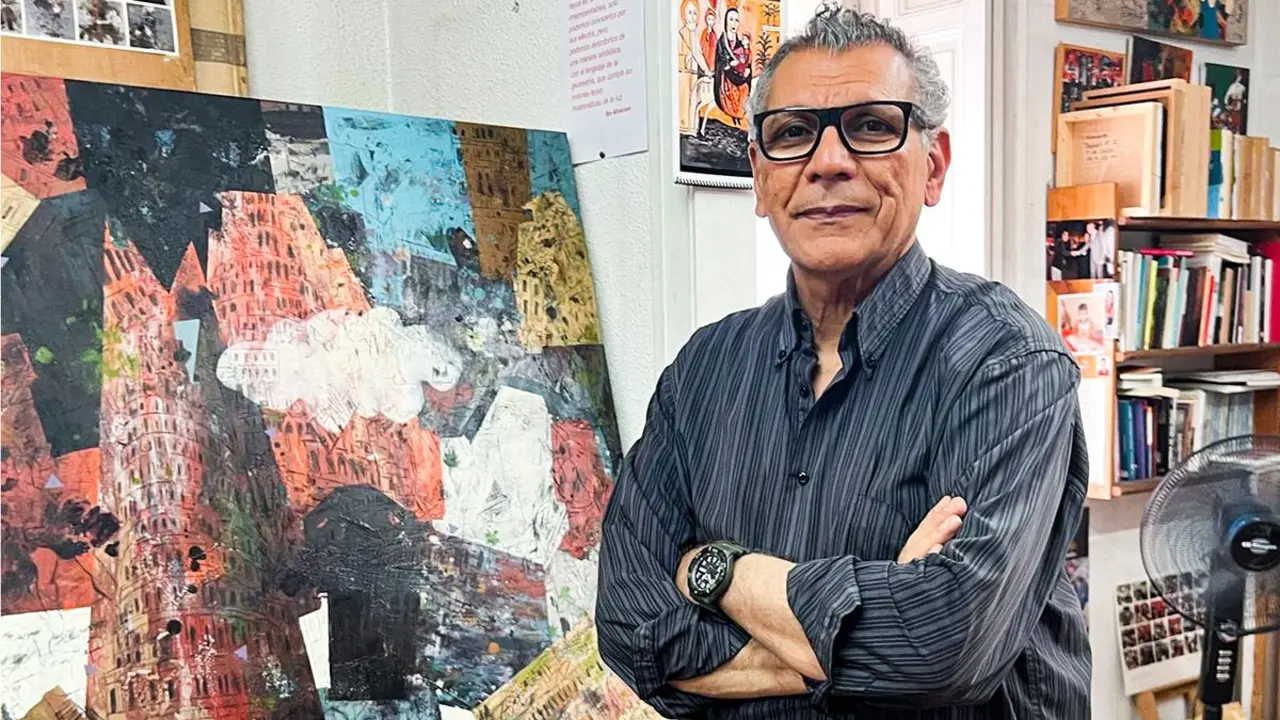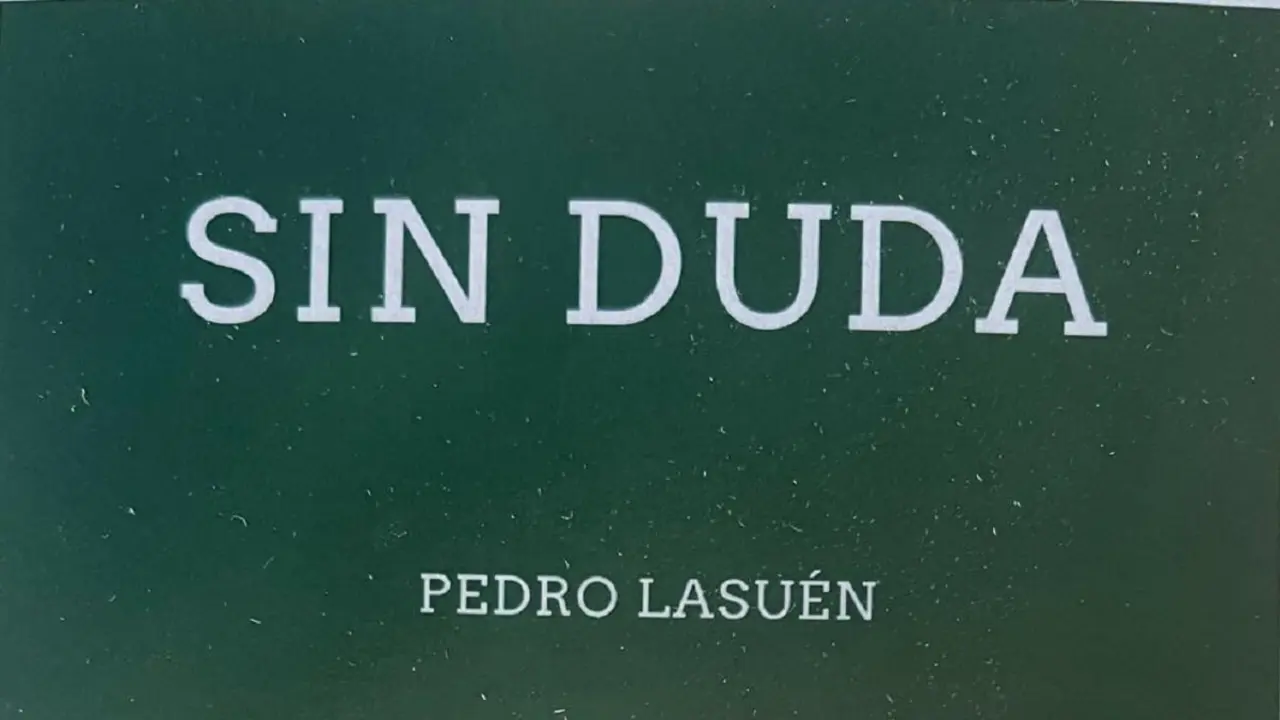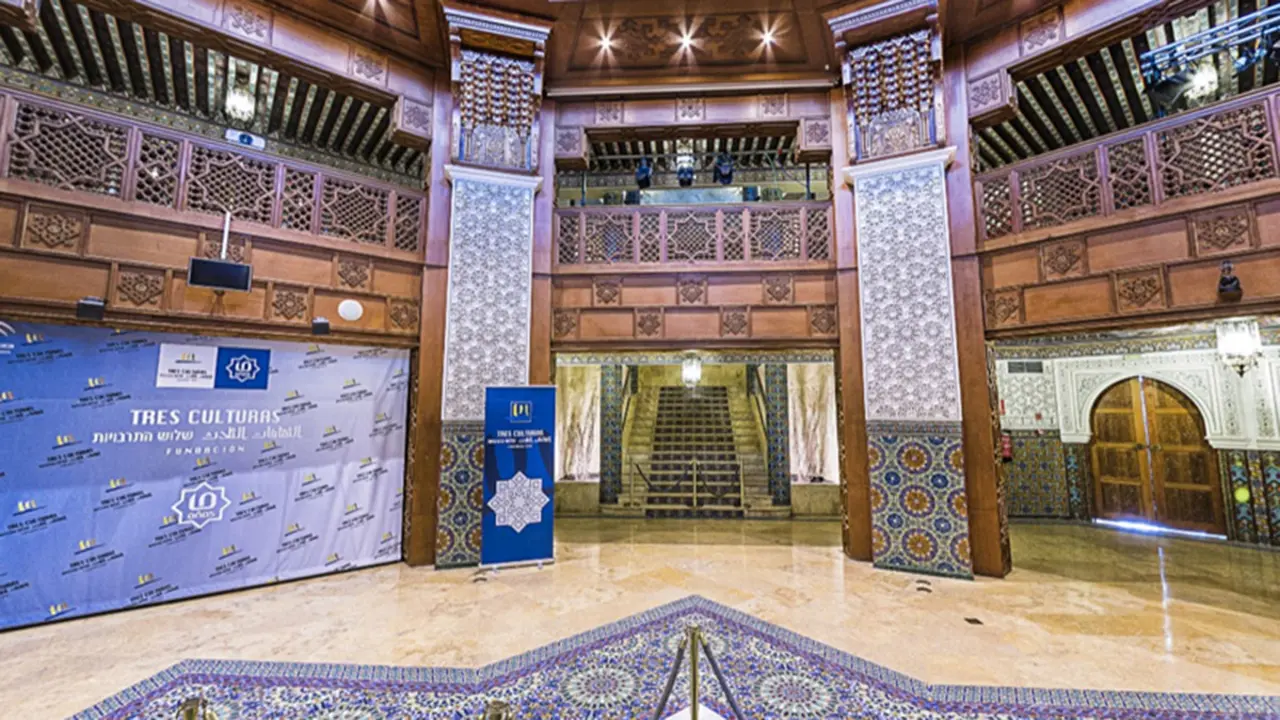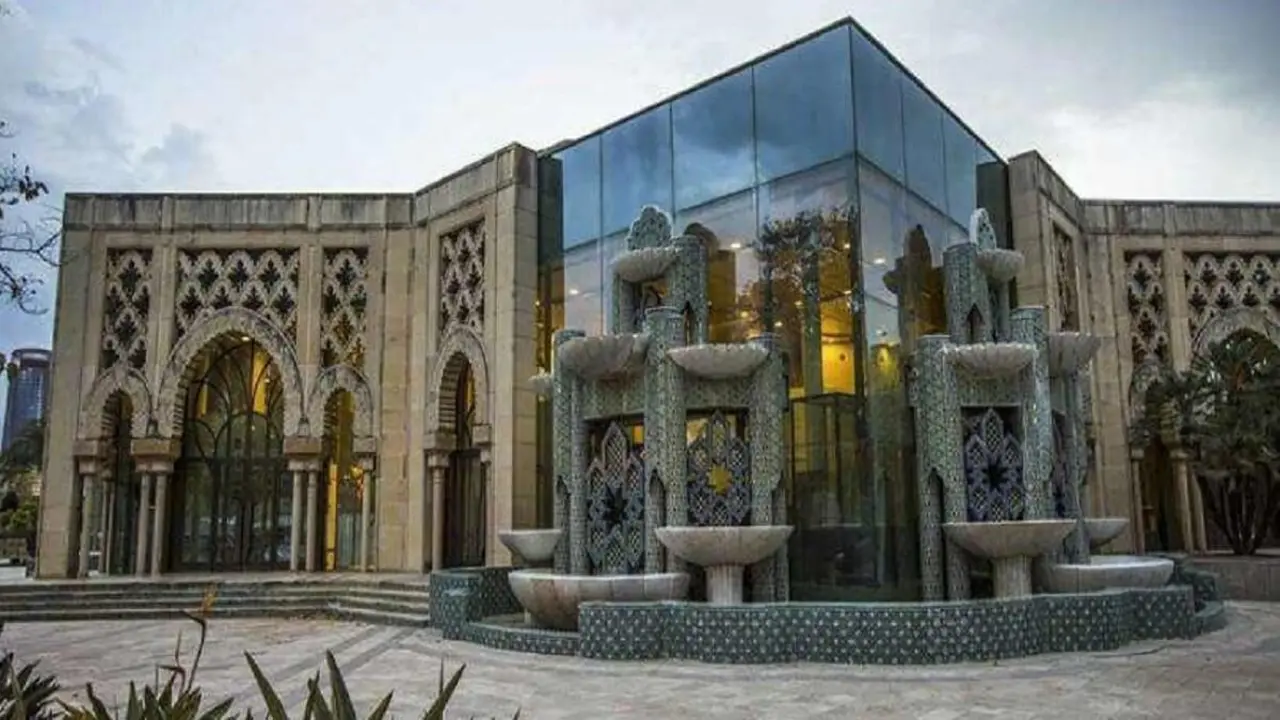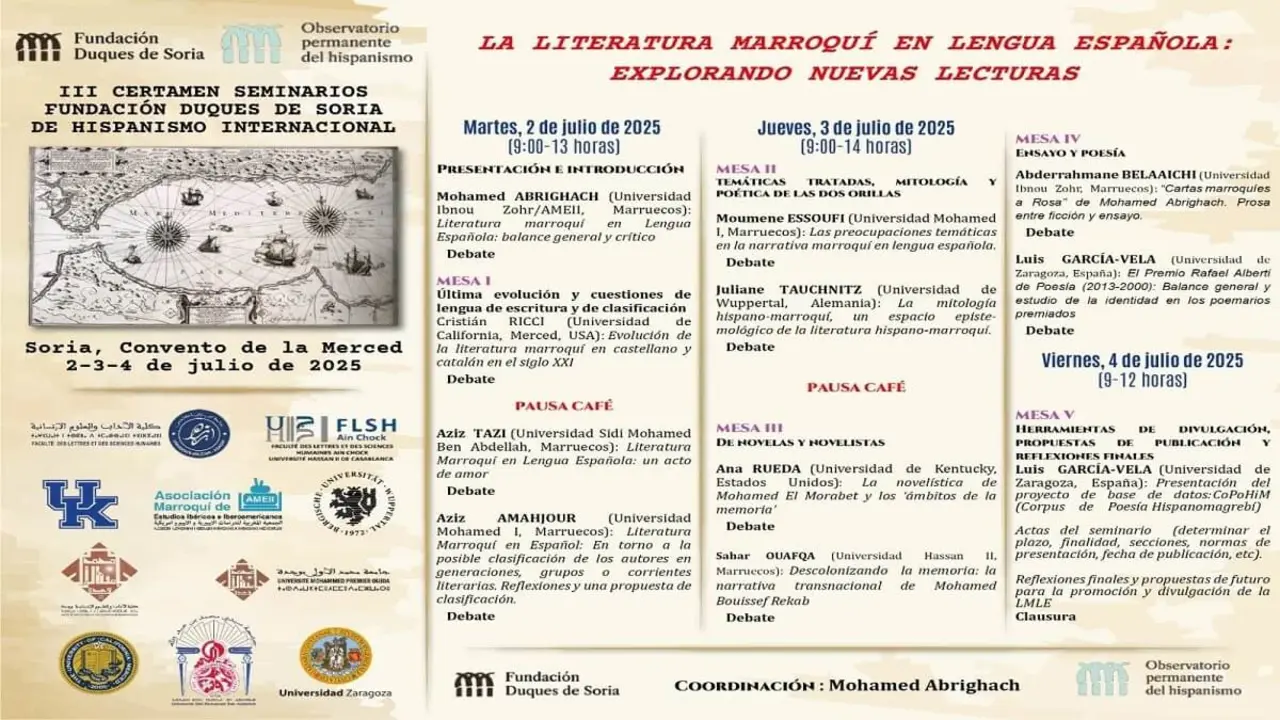'The Story of Hope', a commemoration of UAE's space achievements
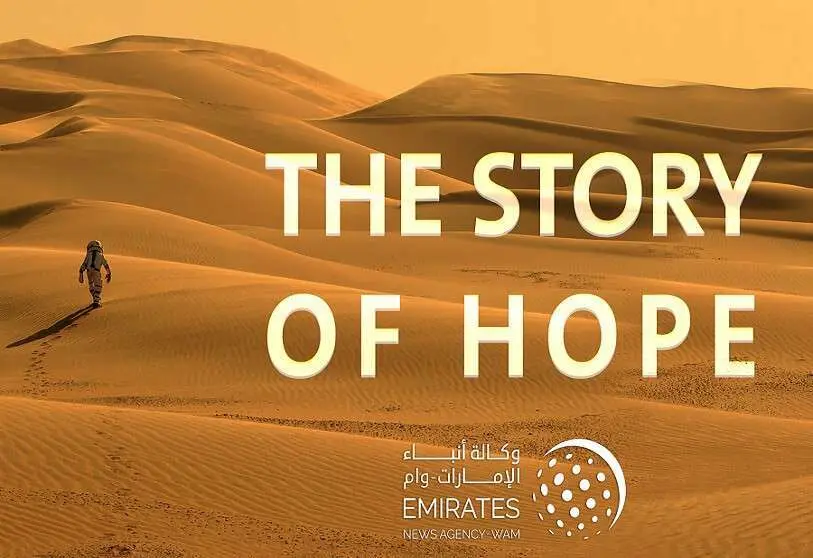
The United Arab Emirates News Agency, known as WAM, has just released a new documentary, produced by itself, entitled 'The Story of Hope'. This is the second film produced by the agency, which celebrates the UAE's space achievements, its leadership in pioneering projects and commemorates the country's launch of the Hope probe to orbit the planet Mars.
The documentary is a film of around 12 minutes in length. The theme of the film is to explain the early achievements of Arab culture in various fields such as science, technology, mathematics, etc., over the centuries, with the present day of the Emirates as the end of its journey. From this point onwards, an attempt is made to reaffirm the mark that the Gulf country has left in aerospace history with the recording of Hazza al-Mansoori, the first Emirati astronaut to reach the International Space Station and the first Arab mission to explore Mars.
The video also features a number of specialists in the space sector, as well as leading Arab and international figures in the field. In their interviews and testimonies, they narrate the scientific achievements of the Arab world, with a special focus on the Emirates. In addition, the video highlights the leadership of the young people who were the driving forces behind the aforementioned projects and who were given great credit for their efficiency.
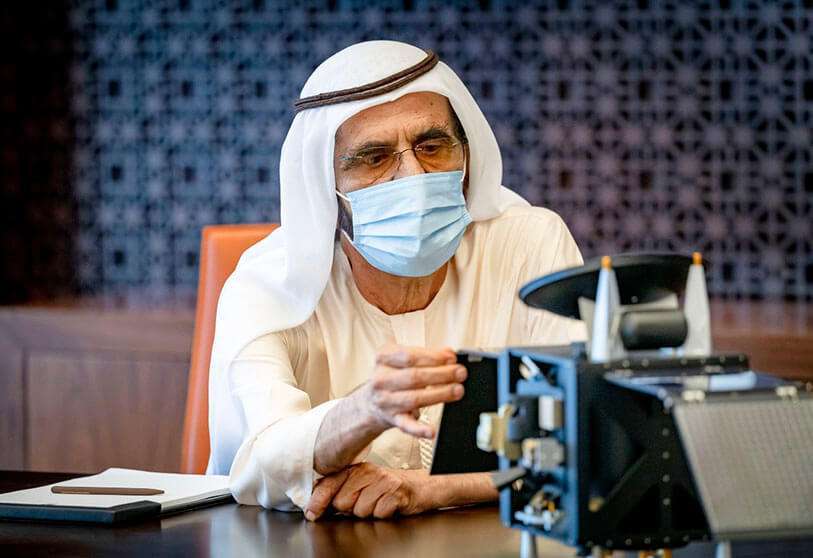
Mohamed Jal al-Rayssi, CEO of WAM, welcomed the release of the film. "In writing this documentary, we have kept all age groups in mind and aimed to present the story in an interesting way. Space is an innovative and rich science that appeals to all ages, and many young Emiratis are keen to pursue its study," said Al-Rayssi.
According to the director, 'The Story of Hope' has served to document the UAE's "journey of dedication and tireless work" in the field of space, which has led to extraordinary achievements and has positioned the country as one of the major powers in this sector of science.
For the production of the project, WAM has benefited from the collaboration of many media outlets, both Arab and international, who have contributed to the cause. For its part, the agency plans to broadcast the content in the Middle East, Africa, South America, Europe and China. "It will highlight the UAE's global achievements in space, especially as many countries have similar experiences in space exploration," adds Al-Rayssi.
The documentary will be available in nine languages including Arabic, English, French, German, Spanish, Russian, Chinese, Portuguese and Hindi. It will also have a transcript of the text for people with little or no hearing in order to reach as many viewers around the world as possible and to convey the Emirati story in space and its efforts to get to where it is today.

The other documentary the news agency produced was called '1971', which was released last December. WAM, with this first work, seeks to commemorate the 50th National Day of the United Arab Emirates. With a running time of 13 minutes, it presents the development of the country and how it has evolved over the years since Sheikh Zayed bin Sultan al-Nahyan unified the states.
"We are keen to play our role as the UAE's national news agency to highlight this journey, and the country's futuristic vision, which drives our efforts to expand our cooperation with the international media, to further enhance the stature of the UAE in all fields," said Al-Rayssi.
Today, according to a study, the video is estimated to have had around 21.5 million views on TV channels internationally, while on social media it has more than 36.4 million views. It can be enjoyed in English, French, Chinese, Russian, Portuguese, Spanish, Turkish and Ukrainian.

